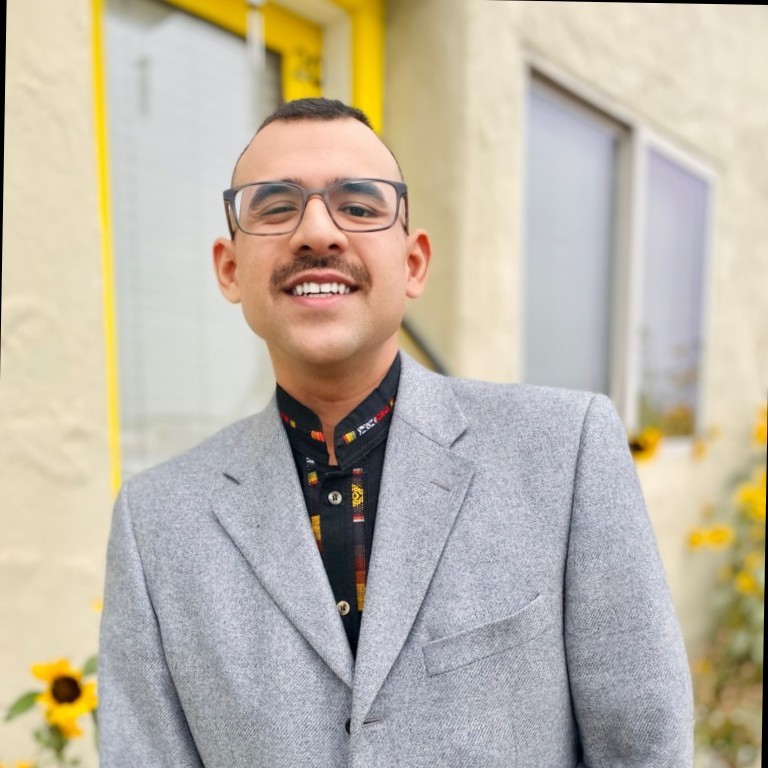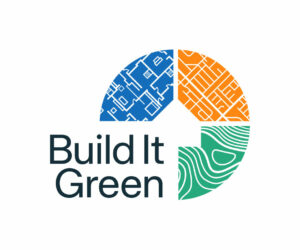A Collective Solution To Curb Housing Displacement
Lived experience, data, and field notes show preservation is a way forward, says Óscar Quiroz-Medrano
San José, CA – SOMOS Mayfair is a nonprofit in East San José that, among many other community development programs, organizes tenants and working-class families to create alternative housing solutions.
I was drawn to SOMOS as a community organizer because my story isn’t that different from the leaders who guide this work.
I grew up in Mountain View, amidst two families living in a cramped two-bedroom apartment, with my uncle and grandparent sleeping in the living room. We faced cockroaches and mold frequently – but this was considered “normal.”
A fire in our complex displaced us and all our neighbors, and we moved into another crowded house, where I vividly remember my mother covering the mold with black garbage bags in an attempt to protect us from the spores.
I knew it was an attempt to bring us a sense of security, and I also knew it wouldn’t do much.
My parents were undocumented, and I understood that they did not want to call any extra attention to themselves by talking to the landlord – Proposition 187 was in full effect at the time, and it was common to hear of families being separated by U.S. Immigration and Customs Enforcement.
Since my story began in the late 1990s, many families in California have continued to struggle to find an affordable home in 2023, highlighting a system error that continues to burden those in a vicious rental housing cycle.
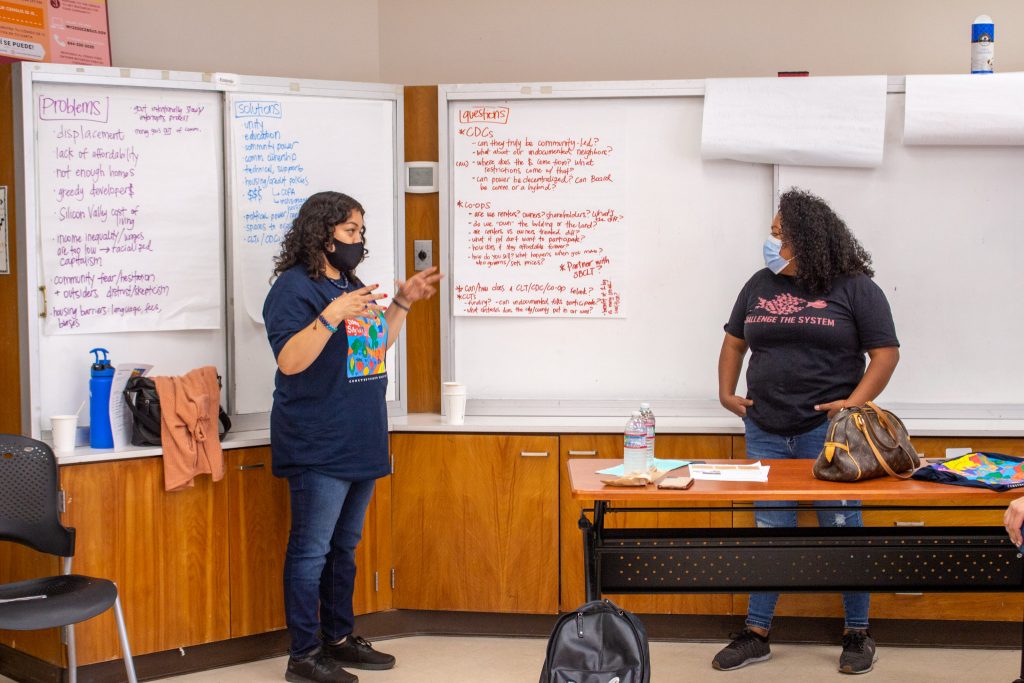
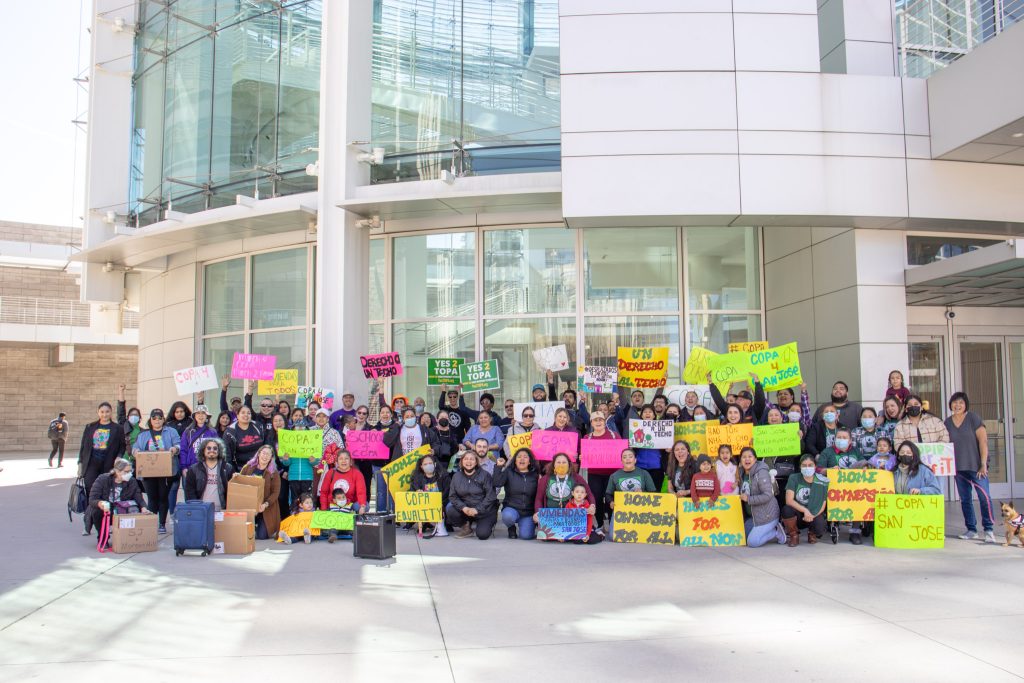
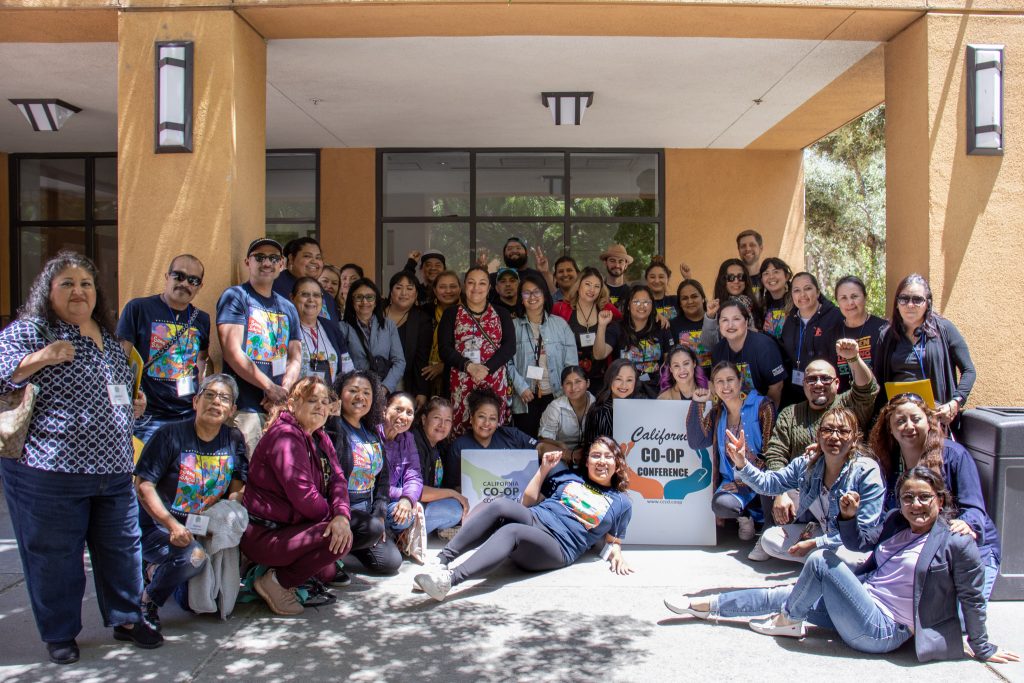
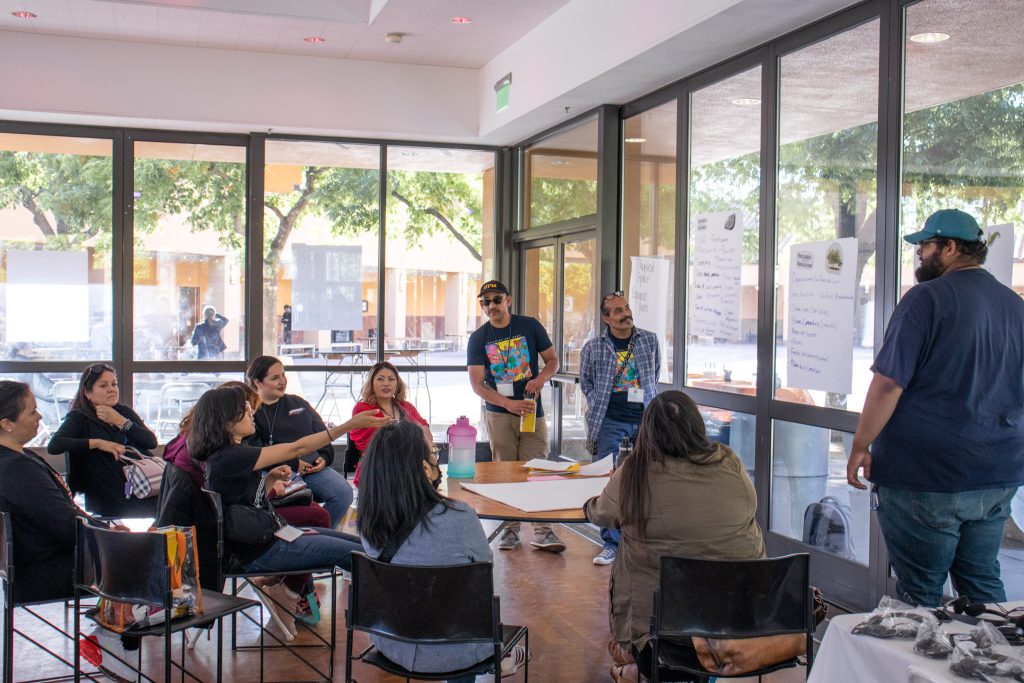
Preservation
To lessen this burden, we consider “The 3 Ps,” a framework to protect tenants from displacement. A fundamental element of the ‘3 Ps’ framework is preservation.
- A place-based approach that cultivates racial and economic equity;
- A rapid and cost-effective strategy;
- An expansion of the selection of housing offered; and
- An environmentally sustainable framework.
The Crisis
From 2005 to 2022, San José has seen an increase of 7.1 percent year over year in the cost of rent.
- A studio apartment in 2005 cost $950.
- A studio apartment in 2022 costs $2,135.
- That’s a 44.5 percent increase in 17 years.
- Healthcare workers earn $39,726.
- Janitors earn $41,736.
- Those in retail earn $45,608.
- Construction workers earn $58,686.
- Elementary school teachers earn $92,316.
A Grassroots Response to Displacement
Expanding the Conversation
About the author
Óscar Quiroz-Medrano is a San José tenant and community organizer with SOMOS Mayfair, a local nonprofit that advocates on behalf of families in East San José. As the Vecinos Activos Coordinator for SOMOS Mayfair, Óscar strategized opportunities for conscious-driven development, led a community map to illustrate its vision for the neighborhood, and advocates for community-led solutions.
